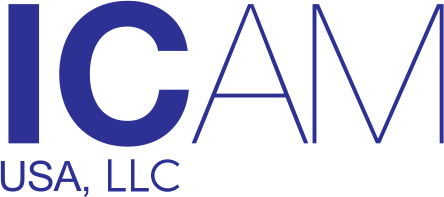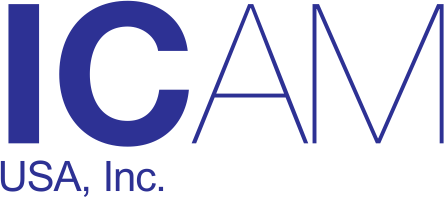Menopause therapy: Brain-based treatment for hot flushes approved by FDA

Investigations into the impact of menopause on the brain have yielded a new way to treat troublesome symptoms without hormones.
US regulators have approved a first-of-its-kind drug to treat hot flushes — a symptom that affects as many as 80% of people going through menopause — by targeting the neural pathways that give rise to them.
The approval of fezolinetant (Veozah), announced on 12 May by the US Food and Drug Administration (FDA), provides a way to treat hot flushes without relying on hormone therapy. “A lot of us who work in women’s health are really excited,” says JoAnn Pinkerton, a gynaecologist at the University of Virginia Health System in Charlottesville. “Breakthroughs in women’s health are so uncommon.” (This article uses ‘women’ to describe people who experience menopause, while recognizing that not all people who identify as women go through menopause, and not all people who go through menopause identify as women.)
Clinical trials of fezolinetant showed that it can significantly reduce hot flush frequency by about 60% in women experiencing moderate or severe hot flushes each week, compared to a 45% reduction in those who received a placebo2. Participants also reported that the drug reduced the severity of their hot flushes and improved the quality of their sleep.
However, for most women fezolinetant does not entirely eradicate the flushes. Pinkerton is testing a similar drug, which blocks the receptors for both neurokinin 3 and a related molecule called neurokinin 1, which might also improve mood and sleep quality.
References
1. Harlow, S. D. et al. Women’s Midlife Health 8, 3 (2022).
2. Johnson, K. A. et al. J. Clin. Endocrinol. Metab. https://doi.org/10.1210/clinem/dgad058 (2023).


